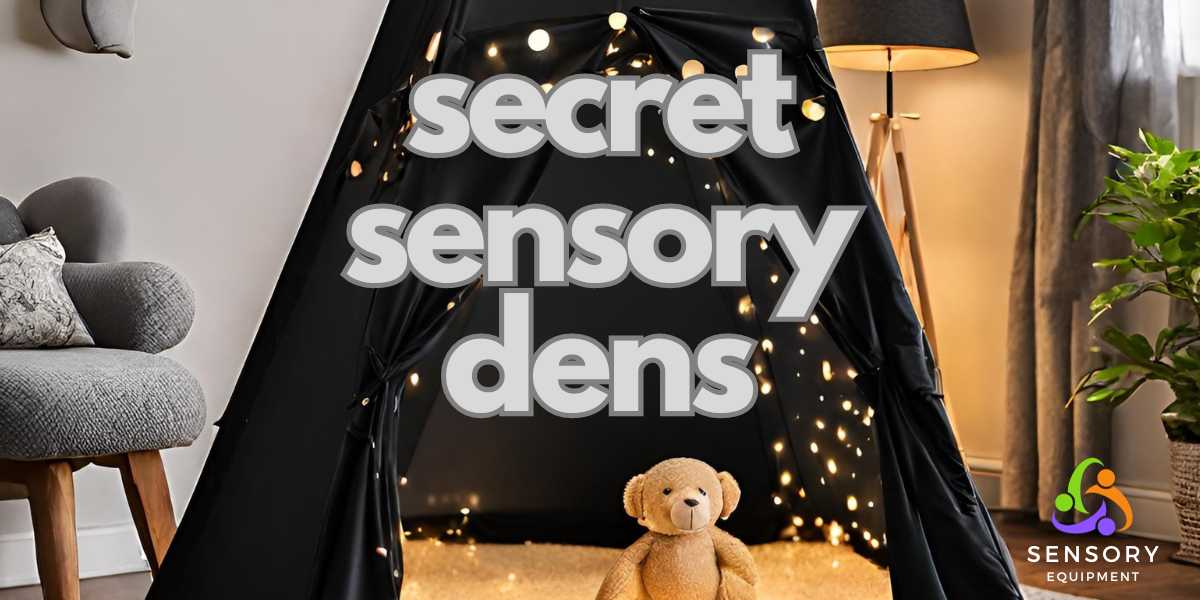A Safe Haven for Children with Autism
Children with autism often experience sensory sensitivities and can become easily overwhelmed by their surroundings. Sensory tents, also known as sensory pop-up tents, have emerged as valuable tools in providing a safe and comfortable space for children with autism to self-regulate and manage sensory challenges. These portable, customisable, and accessible tents are designed to create a calming and controlled environment for children on the autism spectrum, offering numerous benefits for both them and their caregivers.
Creating a Sensory-Friendly Environment
Sensory tents serve as a dedicated space where children with autism can retreat to when they need a break from sensory over-stimulation. These tents are designed with sensory integration principles in mind, aiming to minimise sensory overload and create a soothing atmosphere. Typically, they feature muted colours, soft materials, and adjustable lighting, making them an ideal space for relaxation and sensory regulation.
Customisation for Individual Needs
One of the most significant advantages of sensory tents is their flexibility and adaptability. Parents, caregivers, and therapists can customise the tent to suit the specific sensory needs and preferences of the child. This can include adding sensory tools such as weighted blankets, noise-cancelling headphones, fidget toys, or soft textures to cater to a child’s unique sensory profile.
Portable and Convenient
Sensory tents are often designed to be portable, which means they can be set up in various environments, from home to school to public places. This portability allows children with autism to have a consistent and comfortable sensory space wherever they go, promoting a sense of security and predictability. The ease of setup and take-down makes sensory tents practical for both parents and caregivers.
Aids in Emotional Regulation
For children with autism, emotional regulation can be challenging. Sensory tents provide a safe and secure space where they can retreat to when they become overwhelmed, anxious, or agitated. In this calming environment, children can use various sensory tools and strategies to self-soothe, helping them regain control over their emotions and behaviour. As a result, sensory tents can help reduce meltdowns and improve a child’s ability to manage their emotional responses.
Promotes Independence
Sensory tents can empower children with autism to learn self-regulation skills and strategies. They can be taught to recognise their sensory triggers and take the initiative to retreat to their sensory tent when needed. This increased sense of autonomy can be beneficial for their overall development and self-esteem.
Inclusion in Various Settings
Sensory tents can play a crucial role in promoting inclusion for children with autism in various settings, including schools, parks, and community events. Having a dedicated space for sensory regulation can help children feel more comfortable and reduce the barriers they face in participating in social activities.
Conclusion
Sensory tents are a valuable resource for children with autism, offering them a safe haven to cope with sensory sensitivities and emotional challenges. By providing a customisable, portable, and calming environment, sensory tents support these children in developing self-regulation skills, promoting emotional well-being, and fostering a greater sense of inclusion in their communities. As our understanding of sensory needs in autism continues to grow, these innovative solutions will remain essential in improving the quality of life for children on the spectrum and their families.








